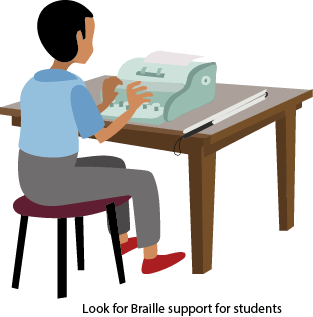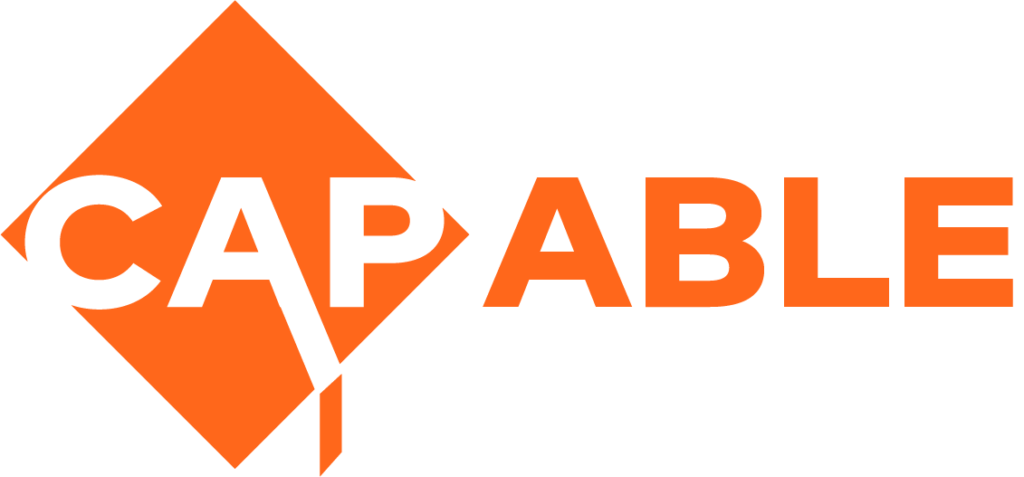An Inclusive Impact / Monitoring and Evaluation Framework
A disability inclusive monitoring and evaluation framework for your Mastercard Foundation Scholars Program works to monitor progress made in including Scholars with disabilities and evaluating impact made by your efforts towards disability inclusion; not only to the level of the Scholars, but at program and institutional level.
Periodic reviews and process evaluations also prove whether the objectives of the Program are being achieved or not; also in relation to disability inclusion.
Highlighting successes and lessons learned can be used to inform any adaptations made to the Program to ensure more efficiency in implementation and broader impact.

Disability-inclusive monitoring
This involves analysing whether and how the concerns and needs of Mastercard Foundation Scholars with disabilities are met within the Program; how Mastercard Foundation Scholars with disabilities are fairing in relation to their peers without disabilities; as well as how effective the accommodations provided to ensure their full and active participation are.
This is achieved by:
- Monitoring the results of disability-specific interventions set within the Program and the budget line(s) set on disability inclusion.
- Collecting and analysing disability disaggregated data.
- Reporting and sharing the results of activities and other efforts towards disability inclusion with key stakeholders.
- Using feedback from Mastercard Foundation Scholars with disabilities, lessons learned from periodic reviews inform the Program’s continuation.
Disability-inclusive evaluation
This involves measuring, in a systematic and objective way, how the Mastercard Foundation Scholars Program has performed with regard to its disability-inclusive design. It is recommended to have at least 2-3 process evaluations during the course of your Program; not only at its end.
It may not be possible for one evaluation to assess all aspects of the Program and waiting till the end of a Program will make it less possible to feed lessons learned from the process into program implementation. It is therefore imperative that sufficient attention is paid to process evaluations and that they are planned carefully.
A disability-specific process evaluation could be:
- Considering the relevance, efficiency, effectiveness, impact and sustainability of the program with regard to its disability dimension.
- Evaluating the Program results and expenditure of the budget on disability inclusion.
- Evaluating the validity of the Program’s assumptions regarding disability inclusion.
- Identifying the major Program implementation strengths and limitations.
- Drawing lessons for improving Program implementation, starting from how best to recruit, educate, and support young people with disabilities in tertiary education all the way to their transition to the world of work; and
- Documenting lessons learned to inform future program design, with particular attention to institutional change, and to share with partners and stakeholders to improve accessibility and inclusion in higher education.
Other Links
RECEIVE OUR UPDATES
- →
-
Chat with Us!
Do you have a comment, suggestion, question or request for more information? Let us know!

